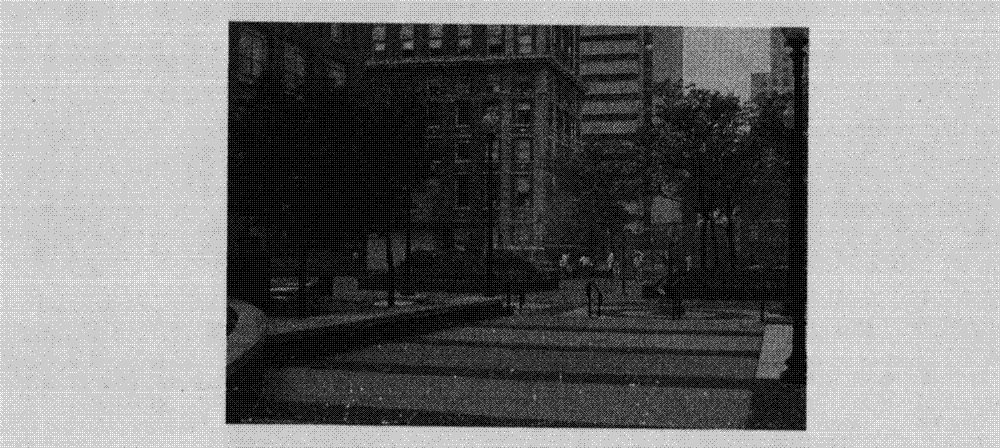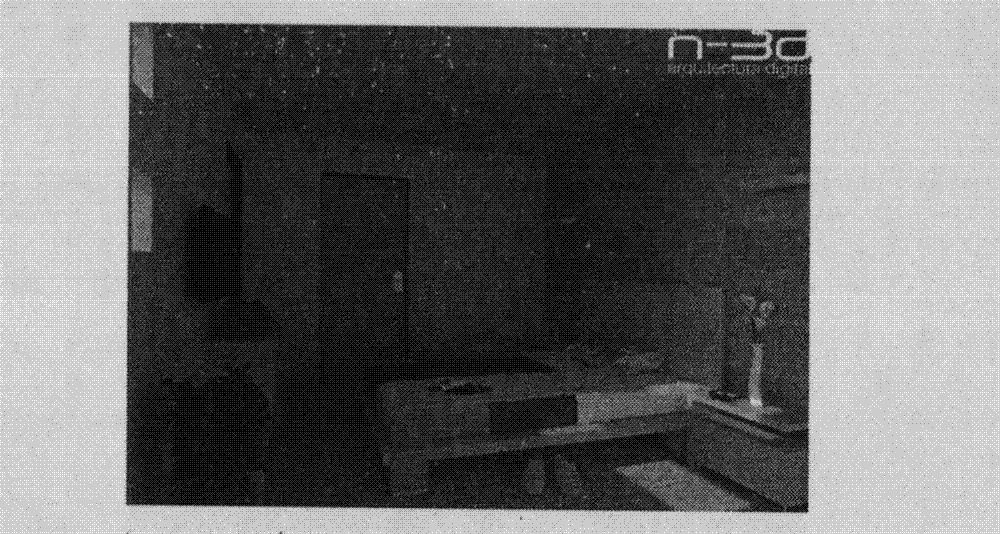Method for identifying natural image and computer generated image based on DCT (Discrete Cosine Transformation)-domain statistic characteristics
A natural image and image generation technology, applied in the field of image identification, can solve the problem of low identification accuracy
- Summary
- Abstract
- Description
- Claims
- Application Information
AI Technical Summary
Problems solved by technology
Method used
Image
Examples
Embodiment 1
[0032] The basic principle of this method is to first perform Gaussian blur processing on the image, and then use Benford's model to analyze the probability distribution characteristics of the first significant digit of the DCT domain AC coefficient of the three RGB color channels of the image, and finally classify and identify the image according to the different image characteristics . The following is a detailed introduction to the benford model, Gaussian blur, and DCT domain statistical characteristics in the algorithm:
[0033] 1Benford model
[0034] Benford's Law is also known as "First-digit phenomenon", Significant digit 1aw, and Logarithm Law. It is to detect the inner law of the little-known number distribution from the statistical point of view. The law reveals that when certain conditions are met. In a large number of statistical data, the probability distribution law of the number 1-9 appearing at the first place in the data.
[0035] In the 1930s, Frank Benf...
Embodiment 2
[0050] Algorithm flow chart of the present invention is as figure 1 As shown, the implementation steps of the identification method are as follows:
[0051] (1) Firstly, Gaussian blur processing and dimension reduction processing are performed on the image to be tested, and then 8×8 non-repetitive block DCT discrete cosine transform is performed on the three channels of the image R, G, and B, respectively, and the obtained 8×8 block DCT coefficient matrix .
[0052] In the Gaussian blur processing, the image is subjected to Gaussian blur processing, the blur radius is set to 0.3, and the normal distribution equation in two-dimensional space is:
[0053] G ( r , σ ) = 1 2 πσ 2 e - r 2 ...
Embodiment 3
[0065] The technical solution adopted by the present invention to solve the above-mentioned technical problems is: a method for discriminating between natural images and computer-generated images based on the statistical properties of the DCT domain, and the method for determining the threshold T in the discriminating method is as follows:
[0066] (1) Firstly, Gaussian blur processing and dimensionality reduction processing are performed on the images of the experimental group, and then 8×8 non-repetitive block discrete cosine transforms are performed on the RGB3 channels of the image to obtain an 8×8 block DCT coefficient matrix.
[0067] (2) Make statistics on the distribution of the first significant digit of the DCT domain AC coefficient of each channel, and obtain three probability distribution curves.
[0068] (3) Calculate the average absolute difference of the three curves, compare the maximum and minimum values of the average absolute difference by counting the aver...
PUM
 Login to View More
Login to View More Abstract
Description
Claims
Application Information
 Login to View More
Login to View More - R&D
- Intellectual Property
- Life Sciences
- Materials
- Tech Scout
- Unparalleled Data Quality
- Higher Quality Content
- 60% Fewer Hallucinations
Browse by: Latest US Patents, China's latest patents, Technical Efficacy Thesaurus, Application Domain, Technology Topic, Popular Technical Reports.
© 2025 PatSnap. All rights reserved.Legal|Privacy policy|Modern Slavery Act Transparency Statement|Sitemap|About US| Contact US: help@patsnap.com



